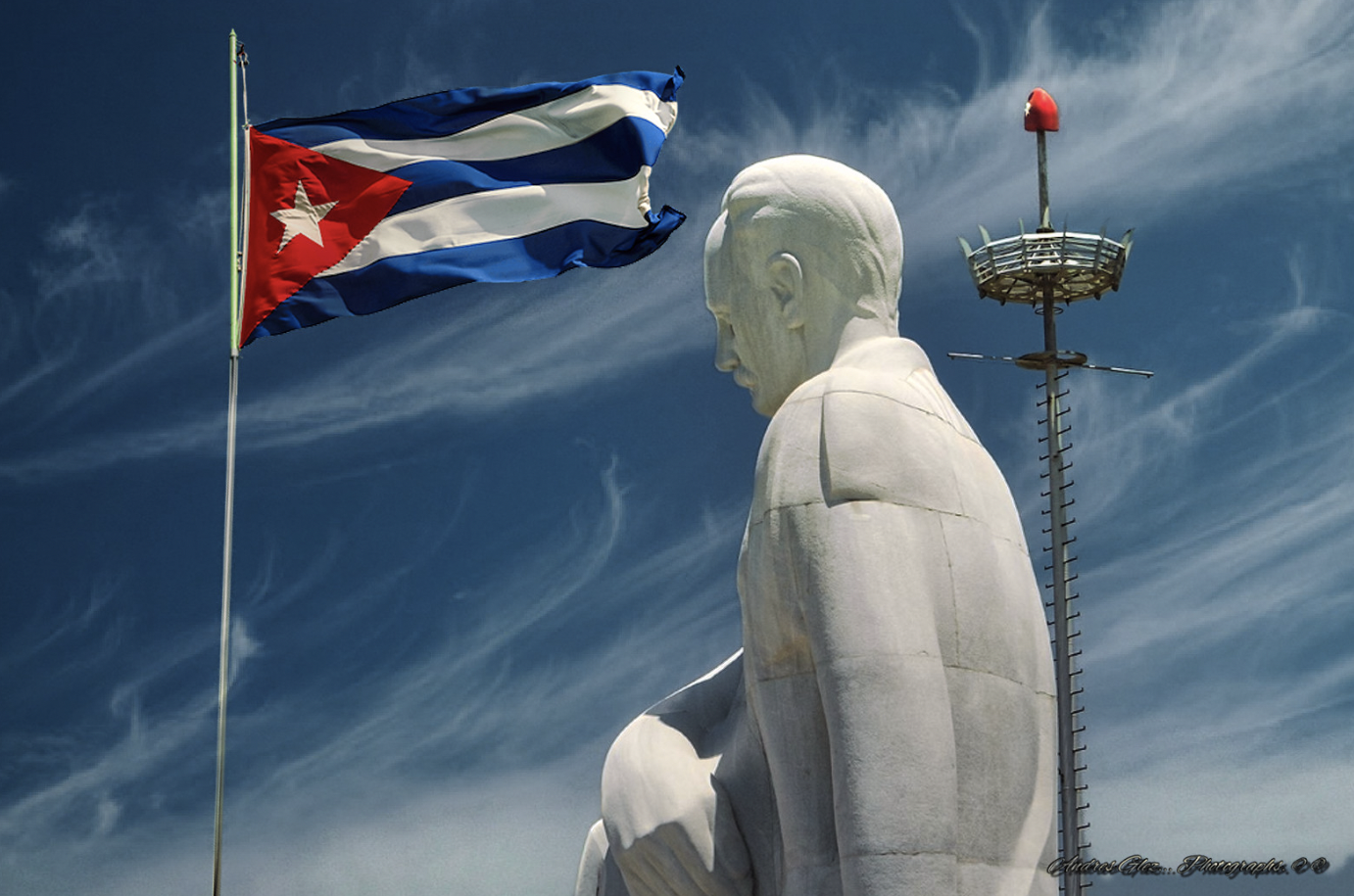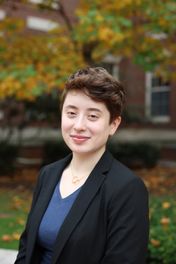The picture is a popular one: Cuban doctors born, raised, and trained on the island, working side-by-side with doctors in countries around the world, providing healthcare to patients and training to medical students. It is this image that has earned the nation’s healthcare system much praise, both from foreign governments and sympathizers abroad. It easily appears to be the reality when looking at the impact these doctors have had in the countries in which they are stationed.
Some aspects are left out of this glowing image, however. Doctors sent abroad work under extremely restrictive agreements, with low wages and difficult conditions. While they generate income for the Cuban government through these agreements, the regime also has a chance to expand diplomatic relations. However, Cuban citizens are left lacking access to healthcare, with doctors on the island working under an over-stressed system with few resources. With so much money generated by these programs, how did the island nation’s healthcare system get to this state? How does this system of medical diplomacy treat the doctors who keep it running?
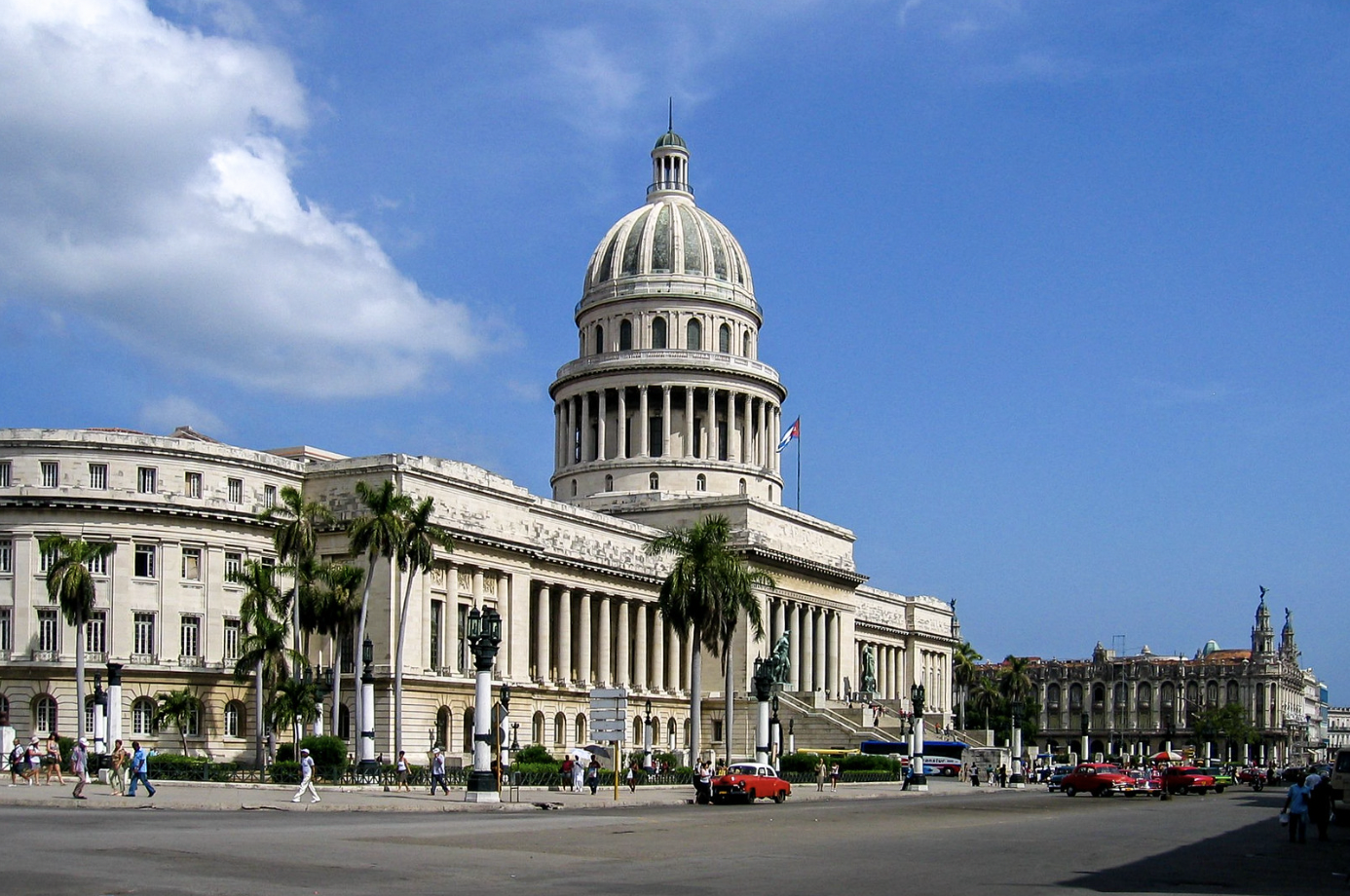
Monetized Altruism
The Cuban government, and by extension the Cuban people, have received much praise for their role in combating various global health crises by sending Cuban doctors overseas. In these countries, where medical care is in high demand, Cuban doctors treat patients at no cost to the recipients and often offer training to local doctors so that they may care for patients after the Cuban professionals are withdrawn. This is often presented as a donation of labor and supplies to nations in need from Cuba, with an apparent lack of monetary benefit for the island, apart from closer diplomatic ties. The Cuban government endorses this story, especially in the wake of the COVID-19 pandemic, but it is far from the full picture of Cuban medical diplomacy, which, through another lens, can be seen as medical servitude.
When sending doctors and supplies overseas, the Cuban government receives the majority of money generated from these projects. These positions are often sought after, as on paper they pay much higher than average salaries on the island, which hover between US$15 and $30 per month. Wages for those overseas, from foreign nations, are often equivalent to around US$125 to $325 per month, but the doctors keep only 10 to 25 percent of these wages, with the rest going to the Cuban government. The Cuban government often freezes the segment of wages the doctors are allowed to keep until they return from their service overseas, creating an incentive for them to return to the island once their time is up.
While responding to needs overseas, the Cuban government reaps immense economic benefit from the nations in return. One of the longest partners to Cuba’s initiative is Venezuela, a decades-long ally. In response to Cuba’s support during a financial crisis that put strain on its healthcare system, Cuba has been able to receive subsidized oil. In 2018, the government received US$7.7 billion from medical services including these doctors, its largest export. At times, Cuba has over 20,000 healthcare professionals working in Venezuela.
In Brazil, the Cuban government had 8,300 doctors in the country between 2013 and 2018 under the More Doctors program. This program was estimated to bring in roughly US$360 million yearly, from the Brazilian government to the Cuban one.
Hostage Overseas
While praised for their work, Cuban doctors in other countries are often put under difficult working conditions meant to keep them tied to the Cuban government. Along with wages withheld on the condition that they return to Cuba following their stint overseas, they face isolation, retaliation, and harsh working conditions. These doctors are often sent to the areas most heavily hit by disaster, such as the Ebola outbreak of 2014. Other times, they are sent to far-flung regions of the country, remote and short on resources, seen in the experience of Cuban doctors in Brazil in the 2010s.
One driver for doctors participating in these overseas programs is fear. Employed publicly whether at home or abroad, many doctors fear reprisal for refusing to participate in these programs. Sometimes given bonuses, many feel the pay will benefit them and their families while overseas or upon their return, even if marginally. This is often weighed against the possibility of a loss of work and wages, or further reprisal, for refusing to participate.
When overseas, the fear does not dissipate. Many face exile for speaking out about poor pay or conditions. This threat hung over many that participated in the Brazilian exchange, after doctors went to court to sue to be treated as contractors able to earn an entire paycheck and work independently, rather than as employees of the Cuban state. This put them at risk of temporary or permanent exile, with no viable alternative for citizenship or way to connect with their families. This also put any wages they had earned in jeopardy for them and their families.
Doctors are also broadly prohibited from discussing their experiences freely and are largely isolated from surrounding communities. Cuban law dictates that doctors need “authorization” to discuss internal workplace issues that could damage the partnerships of Cuba or put them at risk. It also criminalizes the “disseminat[ion] or propagat[ion] of opinions or rumors that undermine the morals or prestige of the group or any of its members.” Doctors who violate these vague rules can face years of prison time. This criminalization, in its vagueness, puts many doctors at peril for a wide array of punishments often disproportionate to the damage they cause.
These broad laws allowing for the punishment of anti-government speech have a basis in the foundational laws of the Cuban state. Article 4 of the Constitution states that “the defense of the socialist homeland is the… supreme duty of every Cuban” and acting against this interest in the form of “overthrow[ing] the political, social, and economic order established by the Constitution” will lead to severe sanctions. Further migration laws, such as Migration Law No. 302, are similarly broad, allowing for punishments such as prohibitions for leaving the island due to a need to preserve a sufficient workforce for the island and the protection of state information. In these ways, the government can exercise control over the travel and emigration of medical professionals, and records of retribution against doctors span decades, which include termination, harassment, and imprisonment.
Through the heavy regulation of passports and the declaration of doctors as a “regulated” population, the Cuban state exercises even more control over their movement in and out of the island. With their preferred skills that are deemed essential to the development of the country, the government has broad powers to grant authorization to leave the country for any stretch of time to health workers.
Abroad, doctors work upwards of 60 hours a week under harsh conditions. While not officially penalized, their communications to both foreigners and Cuban citizens are monitored, and their once-yearly week-long vacation can be revoked as punishment. Doctors who defect while overseas face prohibitions of entry back to the island for eight years and lose any money they had earned while overseas. This prohibition of re-entry is a result of an immigration law that allows such action to be taken against those who have “participated in hostile actions against… the Cuban state,” whether from Cuba or not. Again, the Cuban regime uses a foundation of overly-broad laws to punish citizens, especially those deemed valuable.
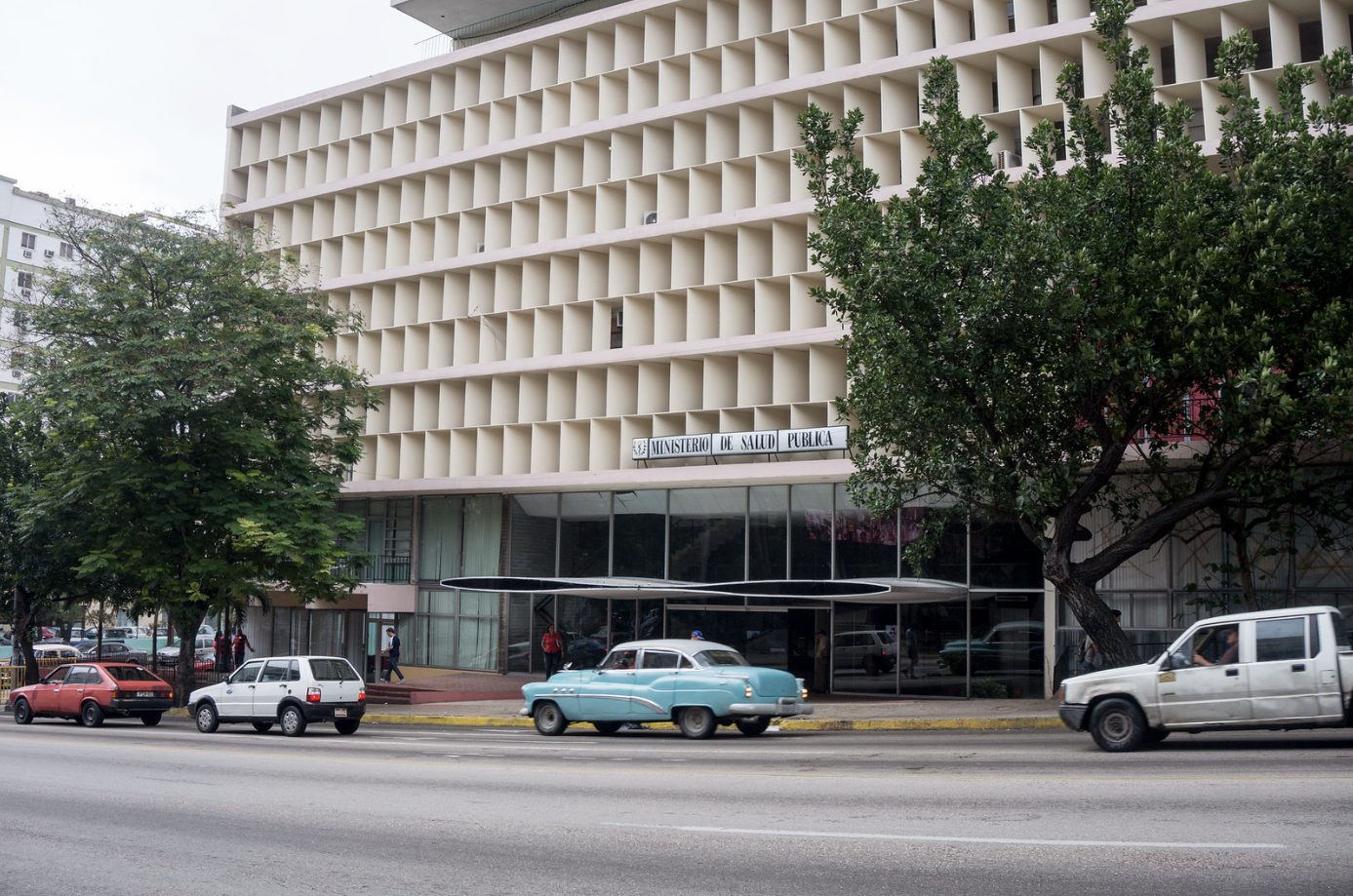
Ideological Diplomacy
There is also a relationship between where Cuban doctors are sent and the ideological goals of the regime and its partners. Often, the government provides doctors to countries that are ideologically similar, or have signaled an openness to such ideologies. Rarely do doctors go to ideologically opposed countries.
One recent instance of medical diplomacy is that of Cuban doctors sent to Kenya in 2016, with then-president Uhuru Kenyatta expressing “shared collaboration interests.” One of these interests was medicine, as well as economic development. Cuba and Kenya have maintained diplomatic ties for several decades, and Kenya has long called for the end of the US embargo of the island. In return, Cuba sent 100 doctors to the island in return for US$13,996.85 per month, estimated to be the wages of five Kenyan doctors. The vast majority of this money goes to the Cuban government, with some left to provide for the necessities of the Cuban doctors while in the country.
In Brazil, we see the direct connections between ideological compatibility and the import of Cuban doctors, who would use changes in Brazilian public sentiment to revolt against the rules of the regime. Cuban doctors entered the country under the More Doctors program implemented in 2013 under leftist president Dilma Rousseff. For this exchange, Cuba earned roughly US$360 million per year, under the agreement that Brazil would pay US$3,600 per doctor for an exchange of 8,300 doctors.
These doctors in Brazil went under heightened restrictions, implemented in 2017, preventing them from taking Brazilian medical exams and ordering Cuban pregnant women home after 22 weeks to prevent their children being born as Brazilian citizens. Both of these measures were attempts to minimize defections by these doctors while overseas.
Things escalated in 2017, when 150 Cuban doctors filed suits in Brazilian courts in an attempt to be released from the More Doctors program and work independently in Brazil. In the years since the program began Rousseff had been impeached alongside several other leaders of her left-leaning party. Despite the fact that her vice president, Michel Temer, had assumed the presidency due to Rousseff’s impeachment conviction, public attitude was turning against the administration due to this scandal, although leaders across the political spectrum were implicated. This turnaround was so strong that two years later, in 2019, Brazil would elect right-wing president Jair Bolsonaro.
This lawsuit came after some doctors, who had married Brazilians, were offered to extend their stay in the country. This option was not given to all those who had married Brazilians, however, and others unrelated to any Brazilian were expected to leave the country and return to Cuba. Several doctors unhappy with this agreement, and sometimes at the advice of those they had come to know overseas, connected with lawyers around the country.
In these cases, lawyers claimed that these contracts violated the protections of the Brazilian constitution. Some resulted in temporary injunctions that allowed those doctors to remain in the country as independent contractors, and one judge characterized the agreements as a “form of slave labor.” These results were not unanimous though, with some judges ruling against doctors for the risk that these rulings would pose to political and diplomatic relations. Many of those granted injunctions were quickly fired, with the chance to either return to Cuba within 24 hours or be exiled for eight years, without access to the wages they had earned.
These rulings against the More Doctors program are not unique. In 2019, UN representatives on contemporary forms of slavery requested information on these medical programs and the working conditions of participating doctors. These representatives stated these conditions “could amount to forced labor.”
The More Doctors program formally ended in 2018, leaving participants scattered across countries. Later cases were filed, arguing that a UN agency, the Pan American Health Organization (PAHO), had supported an agreement that violated laws on forced labor and made US$73 million off of the deal. Cuba still holds agreements with dozens of countries.
The United States, in contrast, shows how Cuban doctors abroad are also a political tool against the government. In 2006, the United States changed immigration policy for Cuban medical personnel serving elsewhere, making legal immigration much easier. This was largely seen as an attempt to expedite the Cuban brain drain by allowing Cuban healthcare workers to apply to immigrate from any US embassy and parole into the United States with their spouse and children. It brought 7,117 Cuban citizens to the United States between 2006 and 2015. President Barack Obama ended this program in 2018 in an attempt to normalize relations between the United States and Cuba, including on the immigration front.
Cuba had previously called this program “reprehensible” as it robs the island of needed personnel, especially in times of need. Despite this, Cuba sends thousands of doctors overseas every year as its domestic healthcare system is strained, including during the COVID-19 pandemic. This and other pressures on the healthcare system have caused doctors to speak out, a rare sight in the isolated nation.
A Shortage at Home
While these doctors are sent abroad to promote the success of the Cuban healthcare system, cracks are emerging at home. Cuban doctors were sent across the globe as the COVID-19 pandemic spread, especially to countries in the Global South who were framed as being left out of efforts to try and eradicate the pandemic in the United States and Europe. As healthcare workers were sent from the island, those left behind felt a shortage of personnel and medical supplies. The Cuban government attempted to blame the failings of the system on the doctors, downplaying long-term issues that were exacerbated by the pandemic. Despite this, thousands of doctors remain overseas.
As the pandemic hit the island, Cuban doctors were drafted to hospitals as they were stressed by incoming cases. Then, as doctors flocked overseas during the case swells of 2021, Cuba experienced the same, with doctors stressed and supplies missing. At the height of the spread of the Delta variant, Cuba had to change its hospitalization protocols from the admission of all positive-testing patients to only those with risk factors. Despite this, the system remained so overwhelmed, and doctors recommended herbal medicines and other non-traditional practices. The government withdrew some doctors from their deployment overseas, although this number was small.
Despite these attempts at changes, medicines often ran out of stock. Patients were left at home without care, sent there to prevent hospital overflows. At times, the regime attempted to blame the doctors on the island, claiming that complaints and dissatisfaction were due to “mistreatment, lack of care, and home visits.” Some Cuban doctors went directly to social media to rebut these points. They were ordered to appear in front of authorities.
Many Cuban doctors remained overseas, as they had done in decades past. Despite the income generated from these projects having been sent directly to the government, which runs the healthcare system in Cuba, shortages remained. To alleviate the issue, members of the Cuban diaspora in Spain and the United States organized to send aid to the island.
Networks of volunteers expanded across Cuban communities overseas, who collected supplies, specifically medicine, and flew it to the island, usually through Havana. This came after the Cuban government loosened restrictions on what visitors could bring to the island to include food and medicine, after shortages that came with the pandemic. These efforts were limited due to the heightened flight limitations the Cuban government put in place following the outbreak of the pandemic. These trips overseas sometimes spanned three countries, with volunteers traveling from Southern Florida to Madrid and then to Havana due to flight availability.
These efforts have not filled the gaps in medical supply in Cuba, especially in a country whose population is aging. COVID-19 and non-related medical supplies remain lacking.
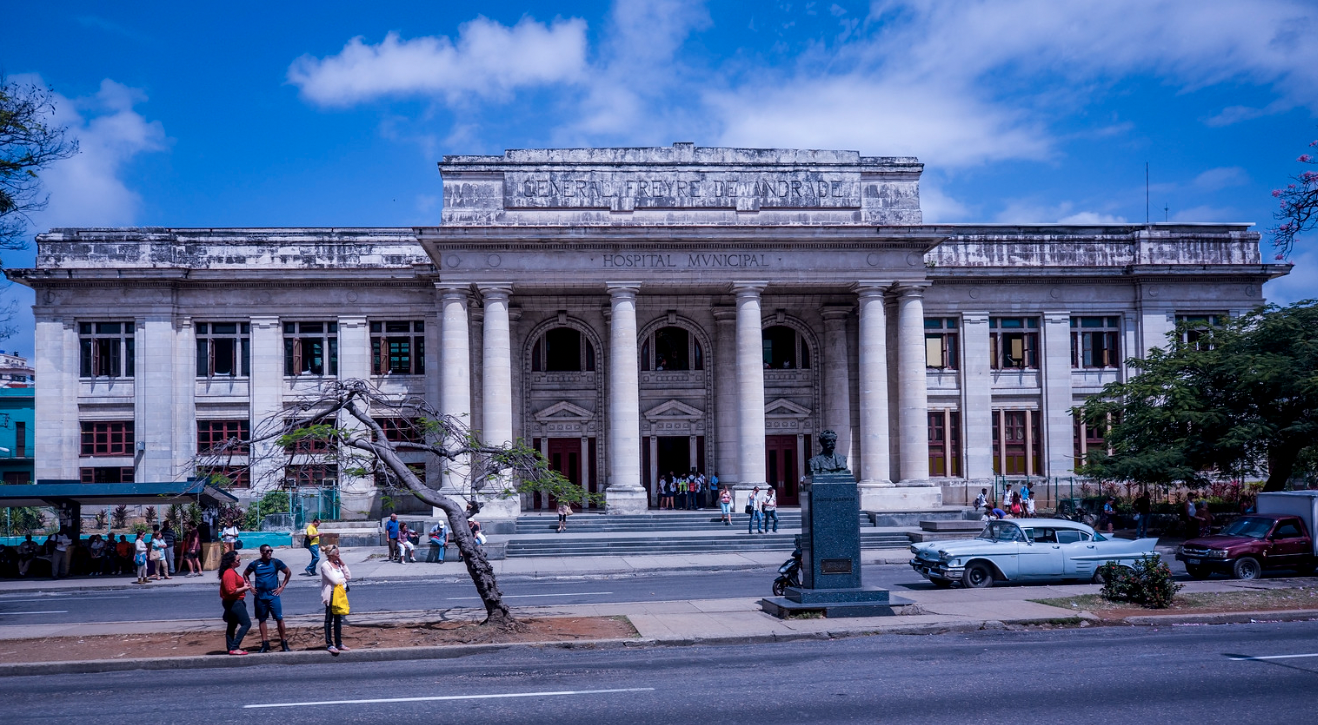
The Impact of Medical Servitude
One of the many things the modern Cuban government is known for is sending doctors overseas in times of crisis, the COVID-19 pandemic included. This has earned the nation much praise, and while it does result in measurable benefits in the countries these doctors go to, that is just one side of the picture.
Cuban doctors work in conditions comparable to forced labor, with the threat of exile, loss of wages, and firing from the only medical employer on the island–the government–hanging over their heads. Isolated overseas, it is rare they are able to reveal the truth of their employment conditions. In doing so, they face similar possibilities of exile, loss of wages, and reprisal against their families.
While the Cuban government draws in millions of dollars from these programs, shortages are rampant on the island. Long before the COVID-19 pandemic, hospitals were overwhelmed with patients, and doctors did not have enough medicine to give to patients. The pandemic exposed the fault lines that had long existed in this system, worsened by the fact that manpower and attention were spent elsewhere for the sake of income and diplomatic opportunity. Cuba was hit hard by the waves of COVID-19 that passed over the island in 2021. Rather than make changes to its domestic or international health services, the Cuban regime berated the doctors who made it run and unleashed worse on those who spoke about the faults of the system. What will the next moment of stress do for the Cuban healthcare system, especially for the doctors crushed under the weight of it, both on and off the island?

